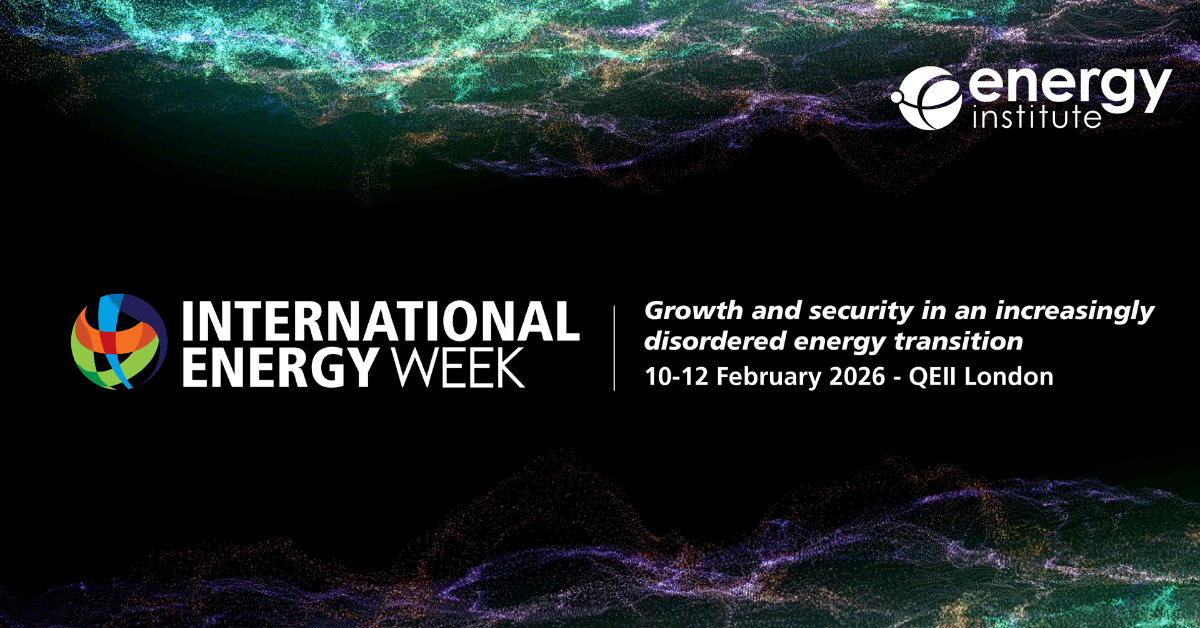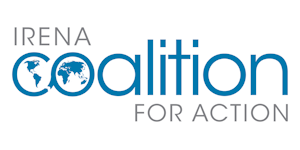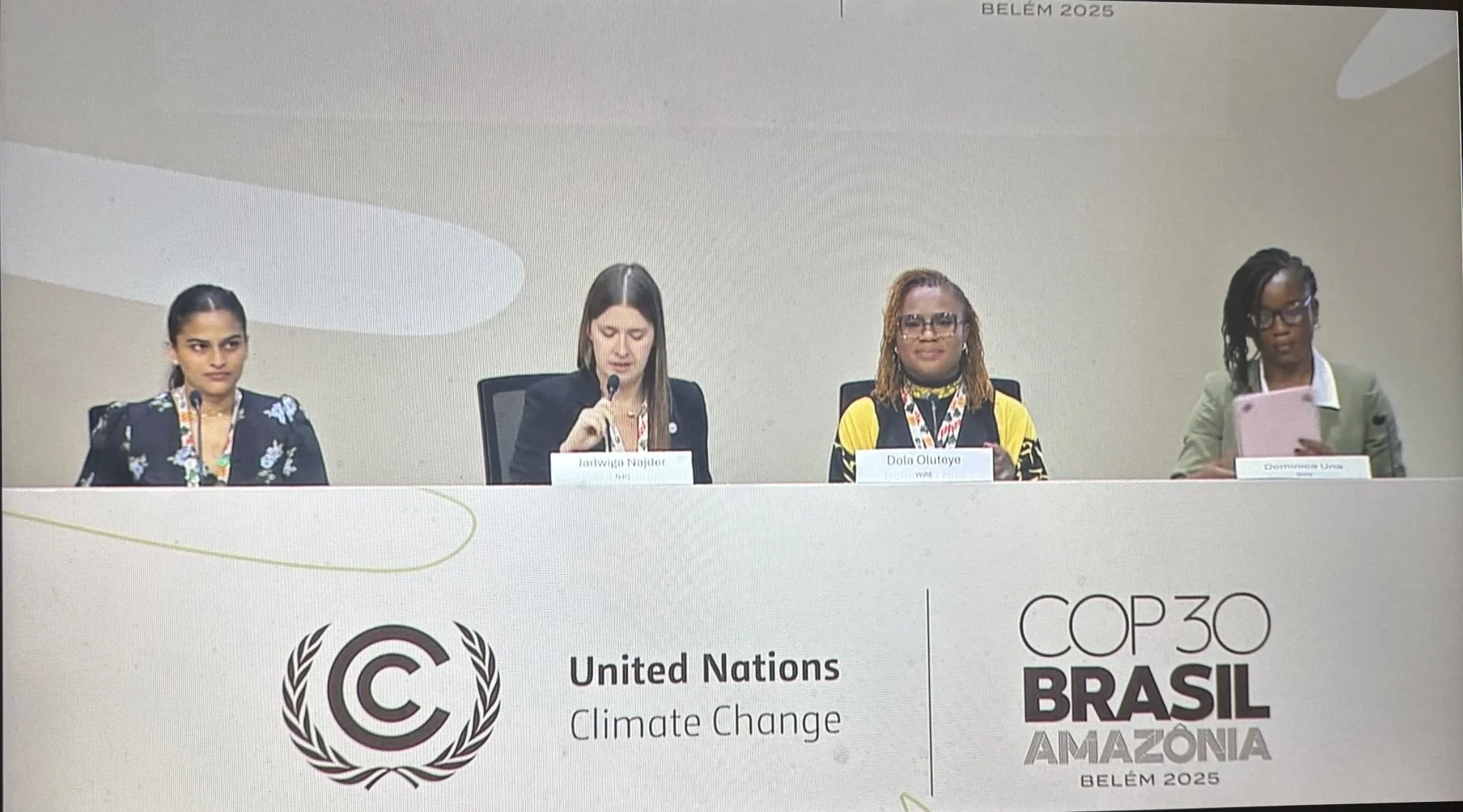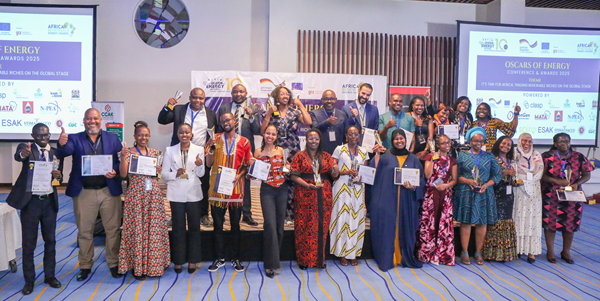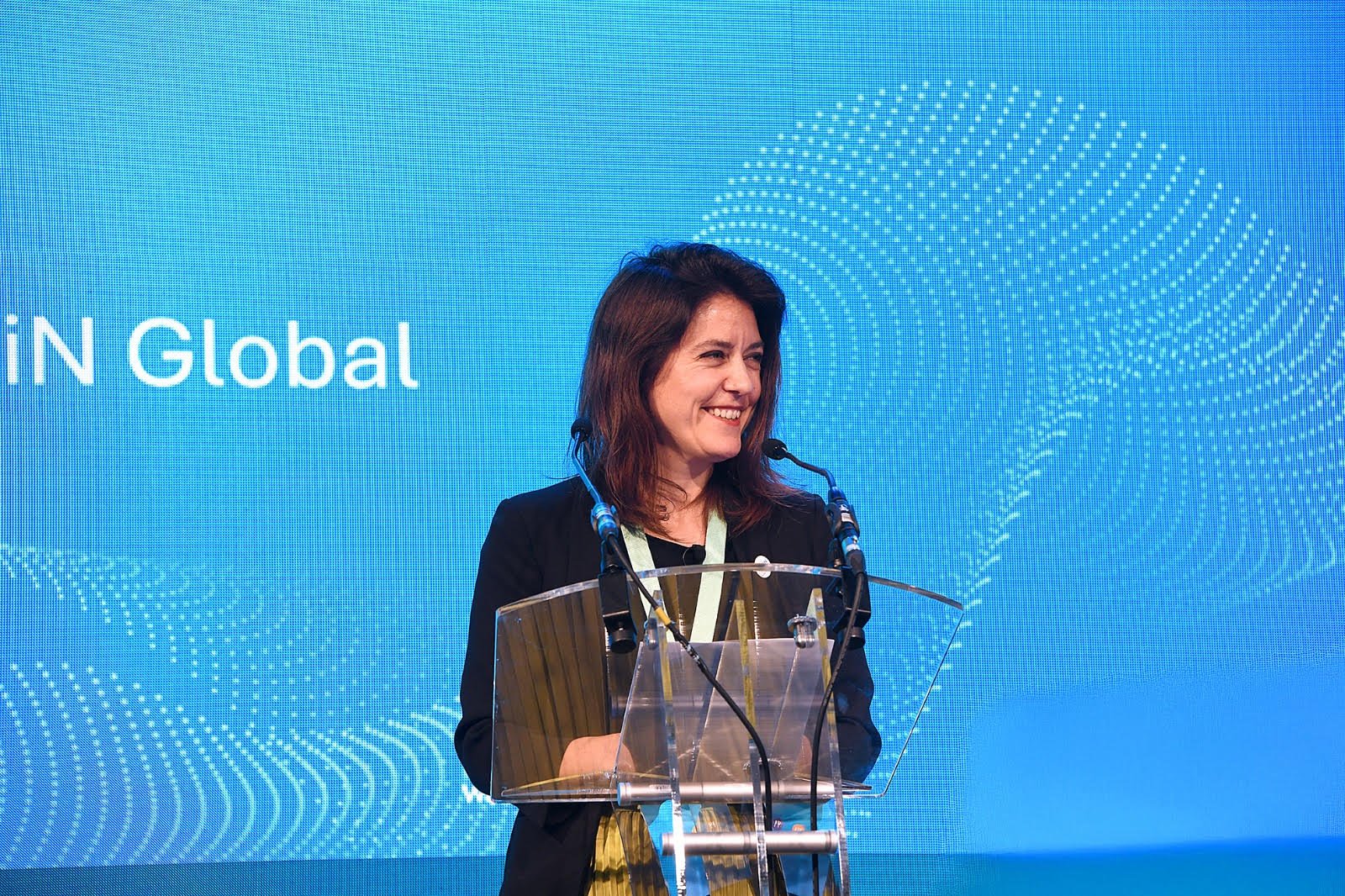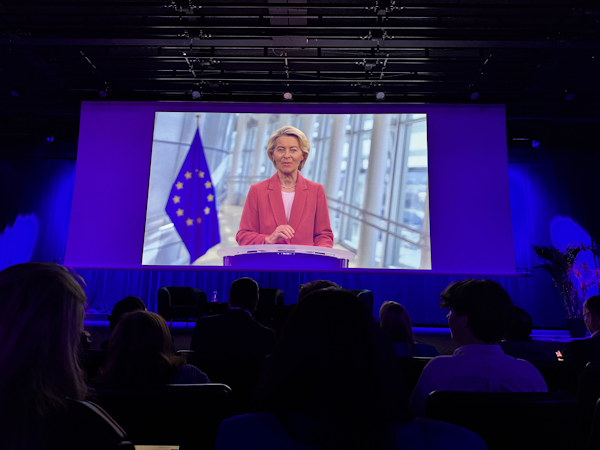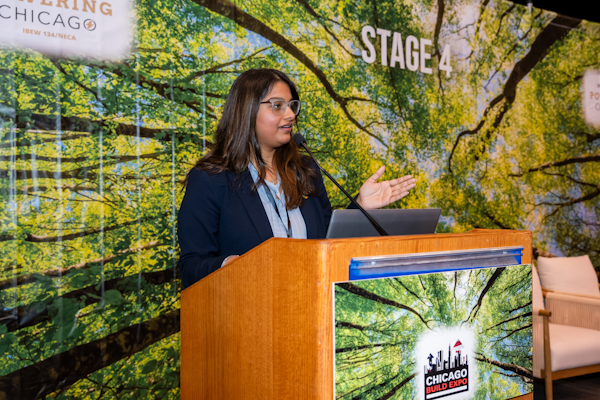WiRE Germany

Chapters: Berlin
Don’t see your city on the list? Email us and start a new local chapter! info@womeninrenewableenergy.ca
Jump to: Volunteers | Events | Initiatives | News | Spotlight | Reports | Stakeholders | Back to WiRE Chapter Regions
WiRE Canada Chapter Leaders
WiRE Germany Volunteers
WiRE Germany Honorary Volunteers
WiRE Germany Junior Ambassadors
WiRE Germany In-Person Events
WiRE Virtual Events
WiRE Germany Initiatives
WiRE Germany News
WiRE Germany Spotlights
WiRE Germany Stakeholders
We are always looking for more stakeholders, together we are stronger! If you’re interested in partnering with WiRE please email us at info@womeninrenewableenergy.ca
CHAPTER SPONSORS
CAPACITY PARTNERS
ACADEMIC, NONPROFIT, GOVERNMENT PARTNERS
WiRE Australia

Chapters: Adelaide, Sydney
Don’t see your city on the list? Email us and start a new local chapter! info@womeninrenewableenergy.ca
Jump to: Volunteers | Events | News | Spotlights | Reports | Stakeholders | Back to WiRE Chapter Regions
WiRE Australia Chapter Leaders
WiRE Australia Volunteers
WiRE Australia In-Person Events
WiRE Virtual Events
WiRE Australia Energy News
WiRE Australia Spotlights
WiRE Australia Reports
WiRE Australia Stakeholders
We are always looking for more stakeholders, together we are stronger! If you’re interested in partnering with WiRE please email us at info@womeninrenewableenergy.ca
CHAPTER SPONSORS
CAPACITY PARTNERS
NONPROFIT PARTNERS
WiRE Azerbaijan

Chapters: Baku
Don’t see your city on the list? Email us and start a new local chapter! info@womeninrenewableenergy.ca
Jump to: Volunteers | Events | News | Spotlights | Reports | Stakeholders | Back to WiRE Chapter Regions
Chapter Leaders
Volunteers
Energy Events
Energy News
Energy Spotlights
Stakeholders
We are always looking for more stakeholders, together we are stronger! If you’re interested in supporting this WiRE chapter or any others please email us at info@womeninrenewableenergy.ca
CHAPTER SPONSORS
CAPACITY PARTNERS
NONPROFIT PARTNERS
WiRE Brazil

Chapters: Rio do Janeiro
Don’t see your city on the list? Email us and start a new local chapter! info@womeninrenewableenergy.ca
Jump to: Volunteers | Events | News | Spotlights | Stakeholders | Back to WiRE Chapter Regions
Chapter Leaders
Volunteers
Energy Events
Energy News
Energy Spotlights
Stakeholders
We are always looking for more stakeholders, together we are stronger! If you’re interested in supporting this WiRE chapter or any others please email us at info@womeninrenewableenergy.ca
CHAPTER SPONSORS
CAPACITY PARTNERS
NONPROFIT PARTNERS
WiRE Canada

Chapters: Calgary, Edmonton, Fredericton, Halifax, Montreal, Ottawa, Toronto, Vancouver
Don’t see your city on the list? Email us and start a new local chapter! info@womeninrenewableenergy.ca
Jump to: Volunteers | Events | Initiatives | News | Spotlight | Reports | Stakeholders | Back to WiRE Chapter Regions
WiRE Canada Chapter Leaders
WiRE Canada Volunteers
WiRE Canada Honorary Volunteers
WiRE Canada Junior Ambassadors
WiRE Canada In-Person Events
WiRE Virtual Events
WiRE Canada Initiatives
WiRE Canada News
WiRE Canada Spotlights
WiRE Canada Stakeholders
We are always looking for more stakeholders, together we are stronger! If you’re interested in partnering with WiRE please email us at info@womeninrenewableenergy.ca
CHAPTER SPONSORS
CAPACITY PARTNERS
ACADEMIC, NONPROFIT, GOVERNMENT PARTNERS
WiRE Ghana

Chapters: Accra
Don’t see your city on the list? Email us and start a new local chapter! info@womeninrenewableenergy.ca
Jump to: Volunteers | Events | News | Spotlights | Reports | Stakeholders | Back to WiRE Chapter Regions
WiRE Ghana Chapter Leaders
WiRE Ghana Volunteers
WiRE Ghana In-Person Events
WiRE Virtual Events
WiRE Ghana News
WiRE Ghana Spotlights
WiRE Ghana Reports
WiRE Ghana Stakeholders
We are always looking for more stakeholders, together we are stronger! If you’re interested in supporting this WiRE chapter or any others please email us at info@womeninrenewableenergy.ca
CHAPTER SPONSORS
CAPACITY PARTNERS
NONPROFIT PARTNERS

WiRE India

Chapters: Delhi
Don’t see your city on the list? Email us and start a new local chapter! info@womeninrenewableenergy.ca
Jump to: Volunteers | News | Back to WiRE Chapter Regions
WiRE India Chapter Leaders
WiRE India Volunteers
WiRE India News
WiRE India Stakeholders
We are always looking for more stakeholders, together we are stronger! If you’re interested in supporting this WiRE chapter or any others please email us at info@womeninrenewableenergy.ca
WiRE Jordan
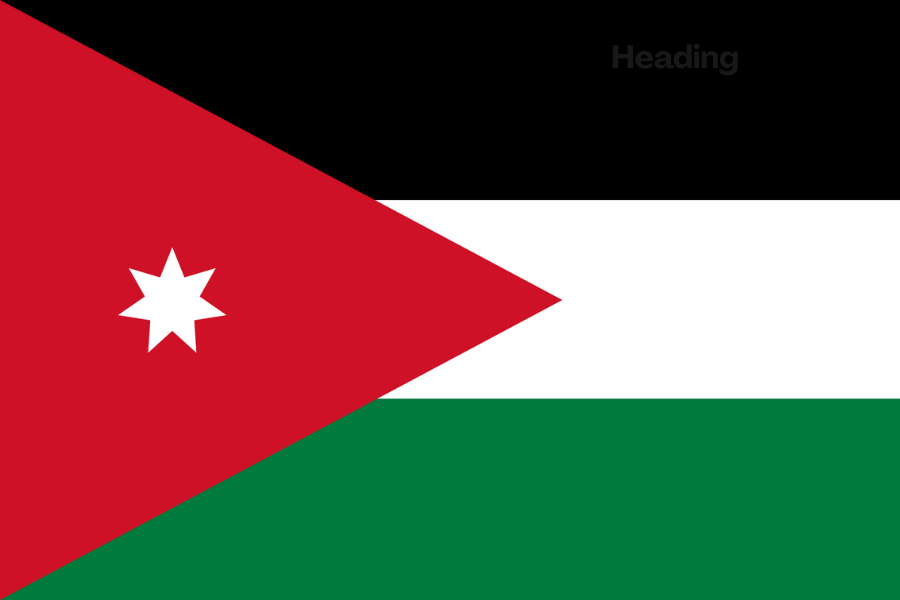
Chapters: Amman
Don’t see your city on the list? Email us and start a new local chapter! info@womeninrenewableenergy.ca
Jump to: Volunteers | Events | News | Spotlights | Stakeholders | Back to WiRE Chapter Regions
Chapter Leaders
Volunteers
Energy Events
Energy News
Energy Spotlights
Stakeholders
We are always looking for more stakeholders, together we are stronger! If you’re interested in supporting this WiRE chapter or any others please email us at info@womeninrenewableenergy.ca
CHAPTER SPONSORS
CAPACITY PARTNERS
NONPROFIT PARTNERS
WiRE Kenya

Chapters: Nairobi
Don’t see your city on the list? Email us and start a new local chapter! info@womeninrenewableenergy.ca
Jump to: Volunteers | Events | News | Stakeholders | Back to WiRE Chapter Regions
WiRE Kenya Chapter Leaders
WiRE Kenya Volunteers
WiRE Kenya In-Person Events
WiRE Kenya News
WiRE Kenya Stakeholders
We are always looking for more stakeholders, together we are stronger! If you’re interested in partnering with WiRE please email us at info@womeninrenewableenergy.ca
CAPACITY PARTNERS
NONPROFIT PARTNERS
WiRE Namibia

Chapters: Windhoek
Don’t see your city on the list? Email us and start a new local chapter! info@womeninrenewableenergy.ca
Jump to: Volunteers | Events | News | Spotlights | Stakeholders | Back to WiRE Chapter Regions
Chapter Leaders
Volunteers
Energy Events
Energy News
Energy Spotlights
Energy Reports
Stakeholders
We are always looking for more stakeholders, together we are stronger! If you’re interested in supporting this WiRE chapter or any others please email us at info@womeninrenewableenergy.ca
CHAPTER SPONSORS
CAPACITY PARTNERS
NONPROFIT PARTNERS
WiRE Nigeria

Chapters: Abuja, Lagos
Don’t see your city on the list? Email us and start a new local chapter! info@womeninrenewableenergy.ca
Jump to: Volunteers | Events | News | Spotlights | Stakeholders | Back to WiRE Chapter Regions
Chapter Leaders
Volunteers
Energy Events
Energy News
Energy Spotlights
Stakeholders
We are always looking for more stakeholders, together we are stronger! If you’re interested in supporting this WiRE chapter or any others please email us at info@womeninrenewableenergy.ca
CHAPTER SPONSORS
CAPACITY PARTNERS
NONPROFIT PARTNERS
WiRE Somalia

Chapters: Garowe, Mogadishu
Don’t see your city on the list? Email us and start a new local chapter! info@womeninrenewableenergy.ca
Jump to: Volunteers | Events | News | Spotlights | Reports | Stakeholders | Back to WiRE Chapter Regions
WiRE Somalia Chapter Leaders
WiRE Somalia Volunteers
WiRE Somalia In-Person Events
WiRE Somalia Events
WiRE Somalia Energy News
WiRE Somalia Spotlights
WiRE Somalia Reports
WiRE Somalia Stakeholders
We are always looking for more stakeholders, together we are stronger! If you’re interested in partnering with WiRE please email us at info@womeninrenewableenergy.ca
CHAPTER SPONSORS
CAPACITY PARTNERS
NONPROFIT PARTNERS
WiRE Tanzania

Chapters: Der es-Salaam
Don’t see your city on the list? Email us and start a new local chapter! info@womeninrenewableenergy.ca
Jump to: Volunteers | Events | Initiatives | News | Spotlight | Reports | Stakeholders | Back to WiRE Chapter Regions
WiRE Tanzania Chapter Leaders
WiRE Tanzania Volunteers
WiRE Tanzania Honorary Volunteers
WiRE Tanzania In-Person Events
WiRE Virtual Events
WiRE Tanzania Initiatives
WiRE Tanzania News
WiRE Tanzania Spotlights
WiRE Tanzania Stakeholders
We are always looking for more stakeholders, together we are stronger! If you’re interested in partnering with WiRE please email us at info@womeninrenewableenergy.ca
CHAPTER SPONSORS
CAPACITY PARTNERS
NONPROFIT PARTNERS
WiRE UAE

Chapters: Abu Dhabi, Dubai
Don’t see your city on the list? Email us and start a new local chapter! info@womeninrenewableenergy.ca
Jump to: Volunteers | Events | News | Initiatives | Stakeholders | Back to WiRE Chapter Regions
Chapter Leaders
Volunteers
Energy Events
If you don’t see any events below, check back soon!
Energy News
Energy Initiatives
Stakeholders
We are always looking for more stakeholders, together we are stronger! If you’re interested in supporting this WiRE chapter or any others please email us at info@womeninrenewableenergy.ca
CAPACITY PARTNERS
NONPROFIT PARTNERS
WiRE Uganda

Chapters: Kampala
Don’t see your city on the list? Email us and start a new local chapter! info@womeninrenewableenergy.ca
Jump to: Volunteers | Events | News | Spotlights | Stakeholders | Back to WiRE Chapter Regions
WiRE Uganda Chapter Leaders
WiRE Uganda Volunteers
WiRE Uganda In-Person Events
WiRE Virtual Events
WiRE Uganda News
WiRE Uganda Spotlights
WiRE Uganda Stakeholders
We are always looking for more stakeholders, together we are stronger! If you’re interested in supporting this WiRE chapter or any others please email us at info@womeninrenewableenergy.ca
CHAPTER SPONSORS
CAPACITY PARTNERS
NONPROFIT PARTNERS
WiRE United Kingdom

Chapters: London
Don’t see your city on the list? Email us and start a new local chapter! info@womeninrenewableenergy.ca
Jump to: Volunteers | Events | News | Spotlights | Reports | Stakeholders | Back to WiRE Chapter Regions
WiRE UK Chapter Leaders
WiRE UK Volunteers
WiRE UK In-Person Events
WiRE Virtual Events
WiRE UK News
WiRE UK Spotlights
Melina Belinco's career in the nuclear energy sector reflects the power of curiosity, collaboration, and purpose-driven leadership. With over 18 years of experience, she now serves as President of Women in Nuclear (WiN) Global, a volunteer-based organization active in more than 140 countries. Her story—rooted in Argentina's pioneering nuclear tradition…
WiRE UK Stakeholders
We are always looking for more stakeholders, together we are stronger! If you’re interested in partnering with a chapter please email us at info@womeninrenewableenergy.ca
CAPACITY PARTNERS
NONPROFIT PARTNERS









